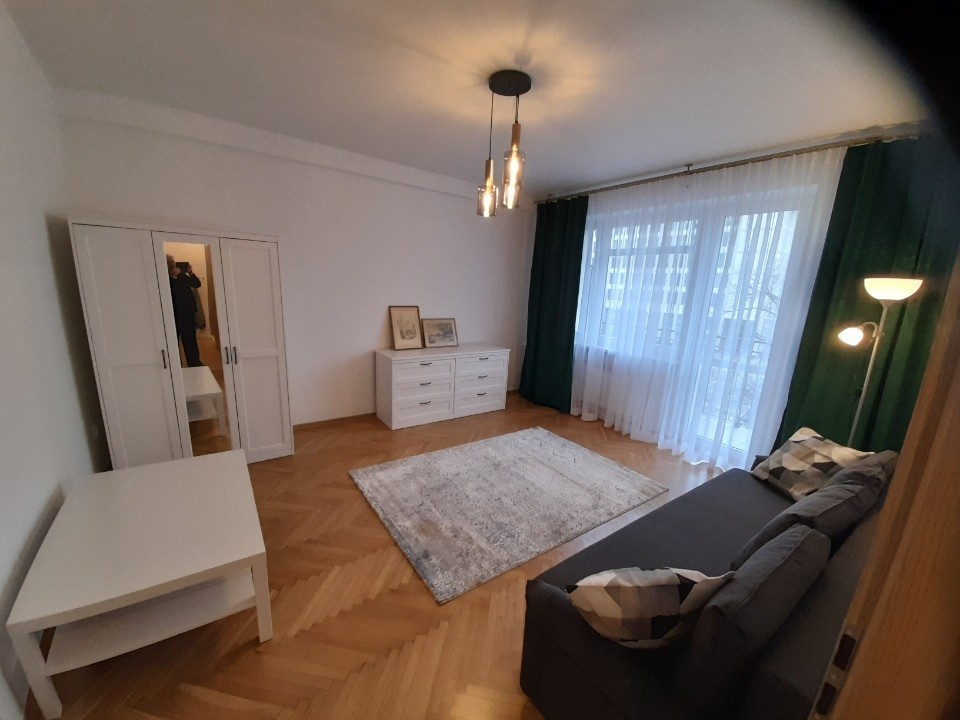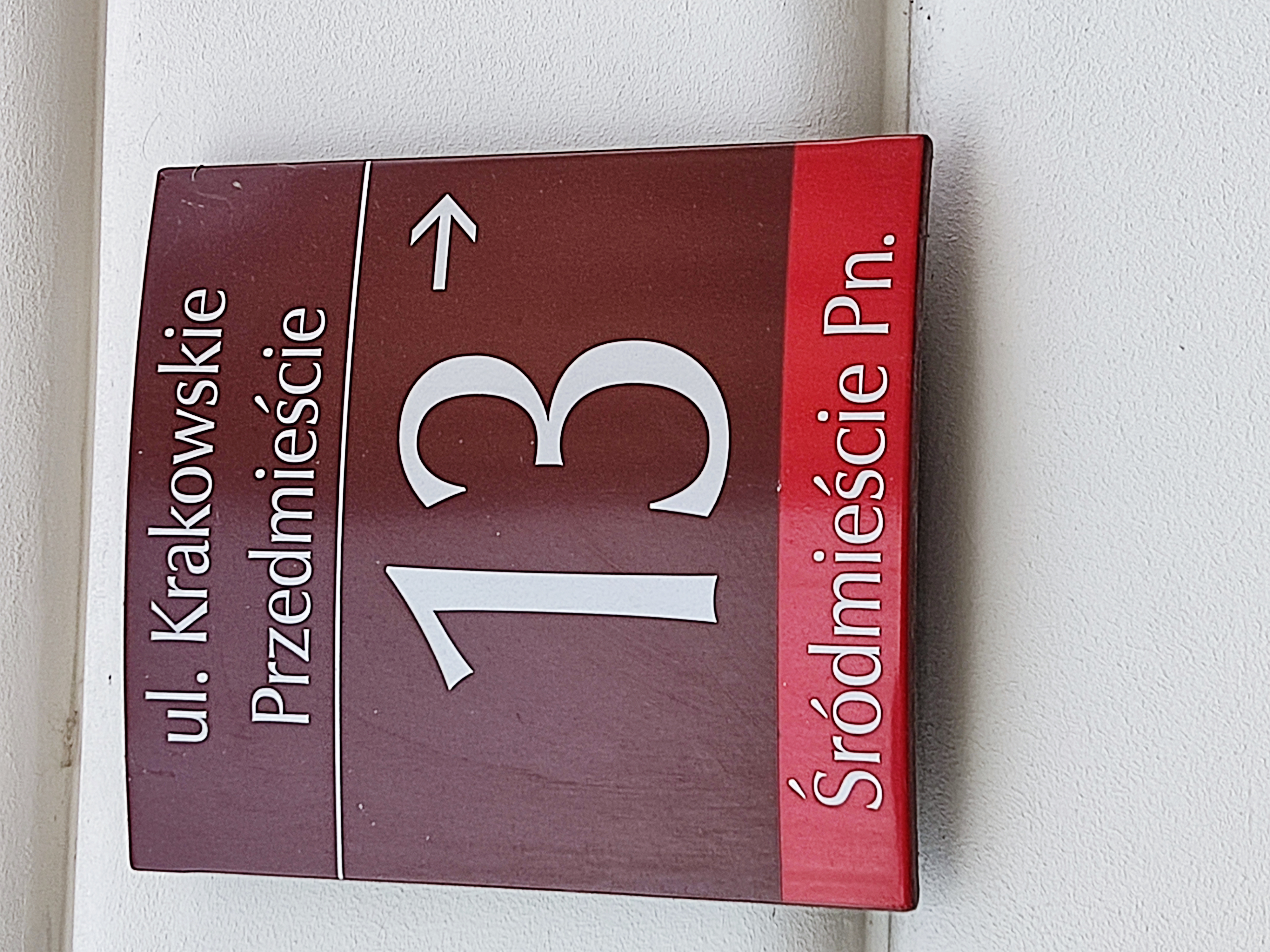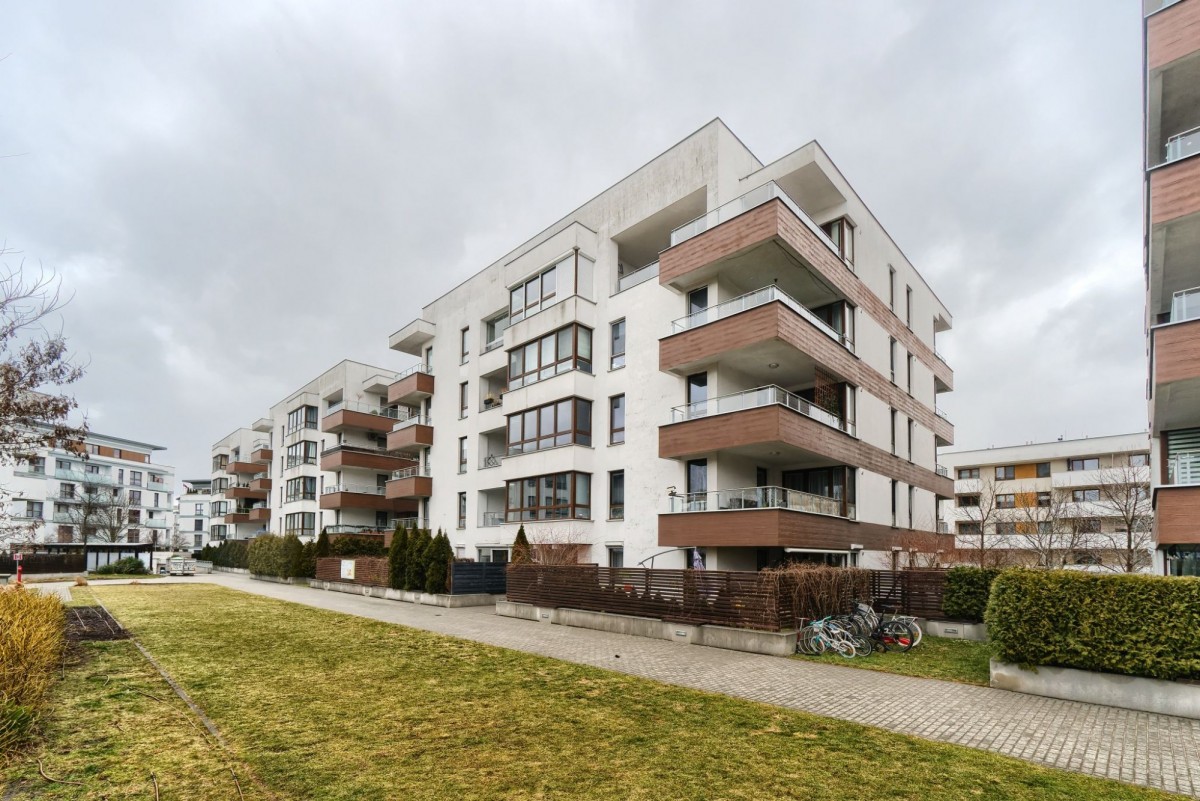Preliminary agreement for the purchase and sale of an apartment

Preliminary agreement for the purchase and sale of an apartment
The conclusion of a preliminary agreement in most cases is associated with the need to pay an advance (prepayment) or a deposit (deposit). However, it is worth knowing that there are some differences between a deposit and an advance payment, which will lead to different consequences if it is impossible to conclude a final agreement. What is a preliminary agreement and how does an advance differ from a deposit when selling an apartment?
What is the preliminary agreement for an apartment?
What is the preliminary agreement for an apartment?
A preliminary real estate purchase and sale agreement is an agreement in which both parties, that is, the buyer and the seller, undertake to enter into a final agreement, that is, the actual purchase and sale agreement. A preliminary agreement for the purchase and sale of real estate is most often concluded when the buyer wants to use a mortgage and then he must go through the entire lending procedure before receiving funds from the bank to purchase real estate.
The preliminary contract is not the actual contract of sale and does not transfer ownership of the property, but it does provide both parties with some security in the event that the final contract is not concluded due to the fault of one of the parties.
Advance and deposit in the preliminary contract for the purchase and sale of real estate
When signing a preliminary contract, an advance payment in the form of an advance or deposit is almost always required. Many people confuse these terms with each other, however, if the seller of the apartment requires an advance payment, it is worth knowing what consequences this entails.
The advance is not regulated by the provisions of the Civil Code, therefore, it does not guarantee the conclusion of a final contract. If one of the parties avoids concluding an agreement for the actual sale of the apartment, the seller is obliged to return the advance payment to the potential buyer of the property. As a result, either party can refuse to enter into the final contract without any financial consequences.
The deposit is regulated by the Civil Code and represents security for both parties to the transaction. At the same time, it is included in the price of the property. If, due to the fault of the buyer, the final contract is not concluded, the seller has the right to retain the deposit. If the seller terminates the contract, the potential buyer has the right to demand payment of double the amount of the deposit paid.
What should be in the preliminary purchase and sale agreement for an apartment?
A preliminary contract for the purchase and sale of real estate can be concluded either orally or in writing. However, for greater security, it is recommended that the document be in writing. The preliminary agreement should contain information such as:
● date and place of conclusion of the contract and its designation,
● data of both parties to the contract,
● item of sale,
● price of the item for sale,
● deadline for concluding the final contract,
● issues of making a deposit or advance payment and methods of their possible return,
● a statement from the seller that the apartment has no debts or is encumbered by the rights of third parties,
● signatures of both parties.
As a rule, a preliminary agreement does not have to be concluded with a notary. However, if it has a notarized signature or is drawn up in the form of a notarial deed, then if one of the parties evades concluding the agreement and if the final agreement is not concluded, the other party can defend its rights in court.
According to the Civil Code, if one of the parties avoids signing an apartment purchase and sale agreement, the other party may demand damages in the form of compensation. In addition, if the preliminary contract for the purchase and sale of real estate is drawn up by a notary, then if one of the parties avoids concluding the final contract, the “injured party” may demand the conclusion of the final contract in court.
Source: website biznes.interia.pl
Blog

The situation on the housing market in Poland in November 2023
The situation on the housing market in Poland in November 2023


Mokotow. Microdistrict (obszar) „Czerniaków” (Czerniaków)
Mokotow. Microdistrict (obszar) „Czerniaków” (Czerniaków)





